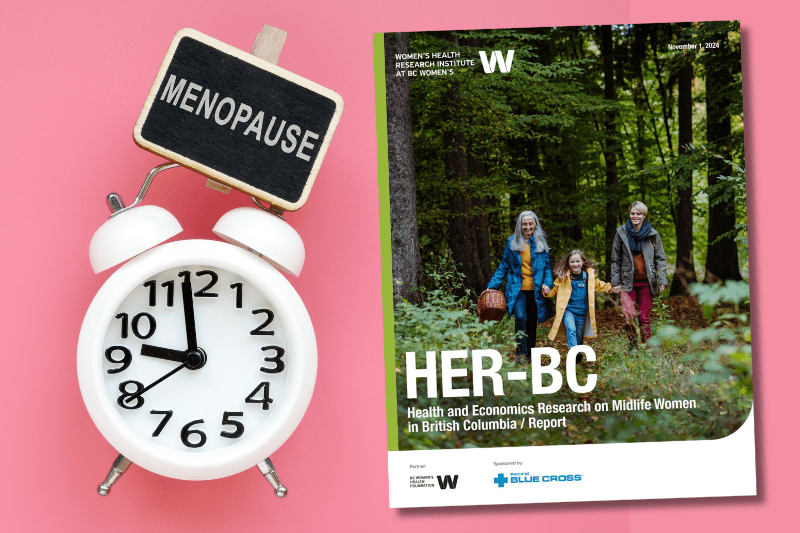Nearly one-third of midlife women in British Columbia report that menopause symptoms affect their jobs, according to a new study highlighting significant workplace challenges. The research, conducted by the Women’s Health Research Institute (WHRI) in collaboration with the BC Women’s Health Foundation and Pacific Blue Cross, surveyed over 2,000 women aged 39 to 60 across the province.
The study found that 32 per cent of respondents said menopause symptoms impact their work, while 24 per cent reported missing days of work in the past year due to these symptoms. Nearly one in ten (9.4 per cent) had to turn down a job promotion or career advancement opportunity, and some participants even reported being fired as a result of menopause-related issues.
“This report marks an essential first step in addressing the widespread lack of awareness and support for menopause in British Columbia,” said Dr. Lori Brotto, principal investigator of the study and professor of obstetrics and gynaecology at the University of British Columbia. “The experiences shared by the women surveyed make it clear that menopause is not only a health issue but one that deeply affects work, relationships, and everyday life.”
| Key Statistic | Value |
|---|---|
| Percentage of respondents affected by menopause symptoms at work | 32% |
| Respondents who missed work days due to menopause symptoms (last 12 months) | 24% |
| Respondents who turned down a job promotion or career advancement | 9.4% |
| Respondents who sought care from extended health care providers | 43.5% |
| Average out-of-pocket spending on extended health services annually | $900 |
| Respondents reporting a concurrent mental health condition | 41.2% |
Titled HER-BC: Health and Economics Research on Midlife Women in British Columbia, the study also revealed significant gaps in health care support. While 43.5 per cent of participants sought care from extended health care providers such as naturopaths and mental health professionals, they spent an average of nearly $900 out-of-pocket annually. Those with private health coverage were more likely to access these services with fewer personal costs, and three-quarters reported improved symptoms after using them.
Mental health emerged as a critical concern, with 41.2 per cent of respondents reporting a concurrent mental health condition. The study emphasized the need for improved mental health support during the menopause transition.
Stigma and silence around menopause were identified as significant barriers to support. “Menopause has been an under-researched area for far too long, and as a result, many women face these challenges without adequate support,” said Cally Wesson, president and CEO of the BC Women’s Health Foundation. “This study brings critical issues to light and provides a clear path for improving health care outcomes and workplace policies for women in midlife.”

Areas for improvement
The report suggests several areas for improvement:
Public health campaigns to raise awareness of menopause symptoms, equipping individuals with the knowledge needed to manage their health.
Collaborative health care efforts that encourage greater education and interdisciplinary collaboration among health care providers to improve access and continuity of care.
Workplace support policies, such as flexible hours and accommodations, to alleviate the impact of menopause symptoms and enhance productivity and wellbeing.
Prevention of workplace discrimination, noting that when menopause symptoms affect a person’s ability to work, employers have a legal obligation to make reasonable adjustments and protect against discrimination.
“Employers and health care providers must work together to ensure that the necessary resources and support are available for women during menopause,” said Sarah Hoffman, president and CEO of Pacific Blue Cross. “The HER-BC study highlights areas where care and support for midlife women can be enhanced in British Columbia.”
The study calls for further research to address knowledge gaps around menopause, including the influence of race, gender, economic status, and disability on experiences and outcomes.



